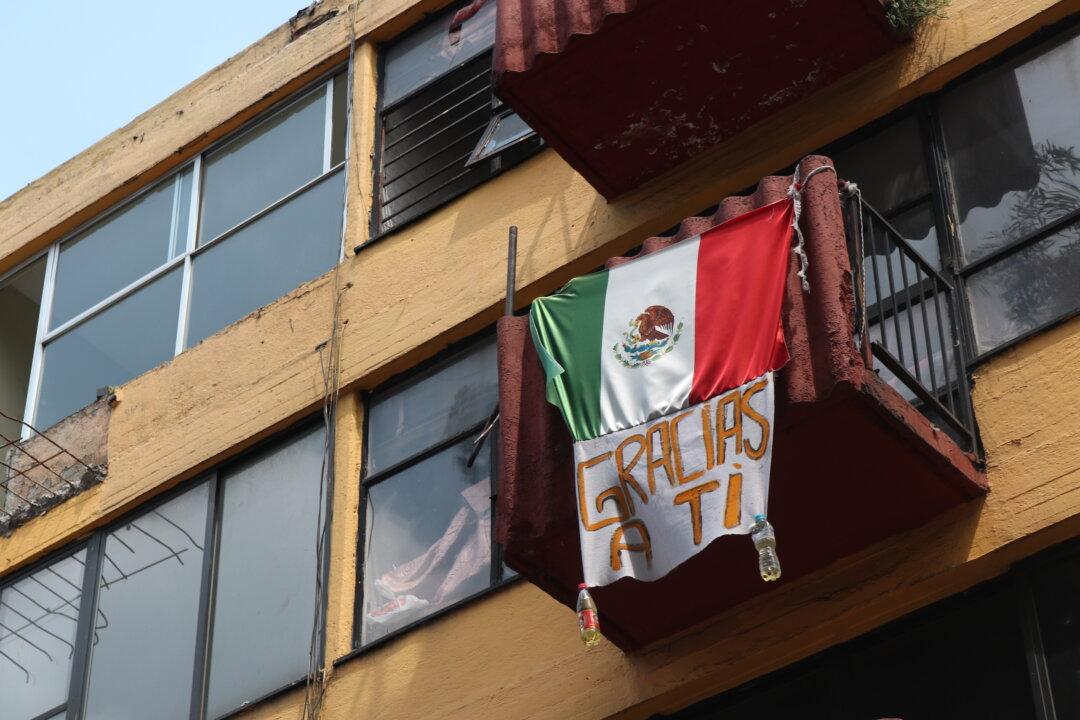MEXICO CITY—Miriam Báez Murillo is a rarity in Mexico. The fact that her son was forcibly “disappeared” isn’t rare at all—there are more than 37,000 people on the official register of disappeared persons.
What is rare about Murillo is that she is “lucky” enough to have actually found the remains of her son, José Manuel Herrera Báez, who disappeared at the age of 26 on May 27, 2017.




